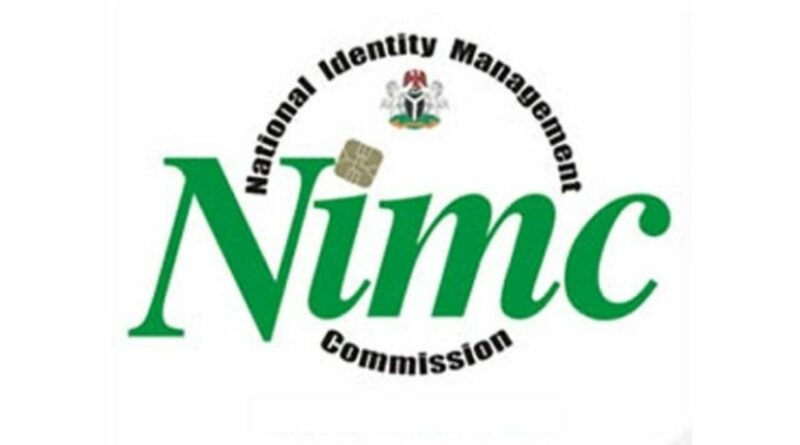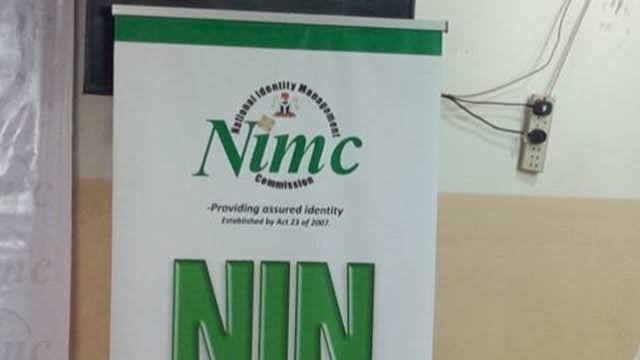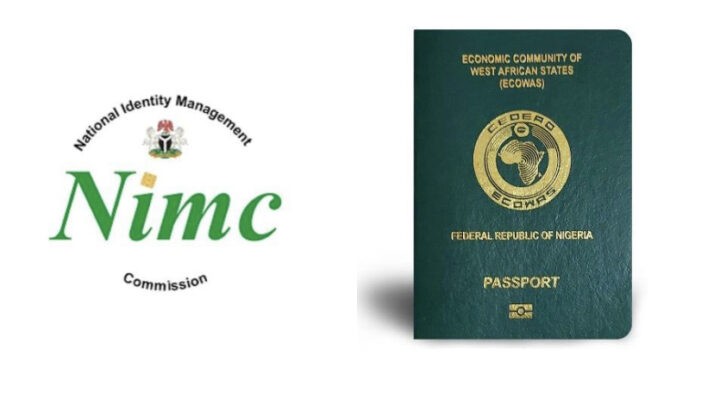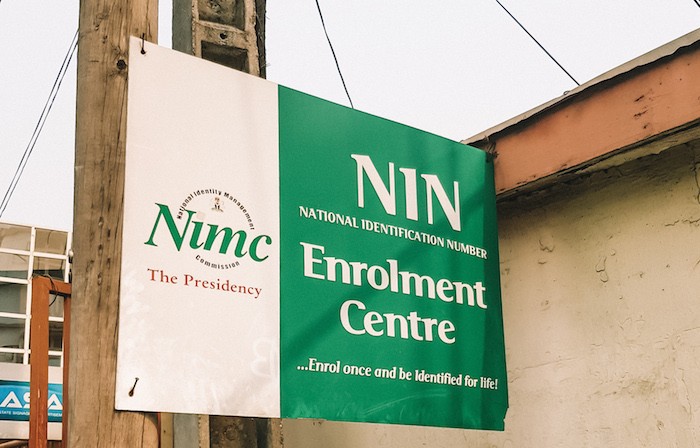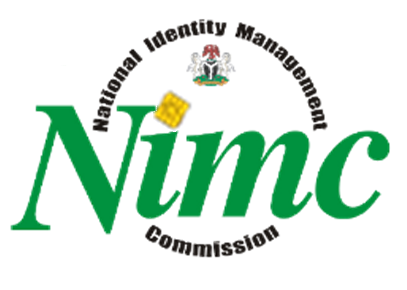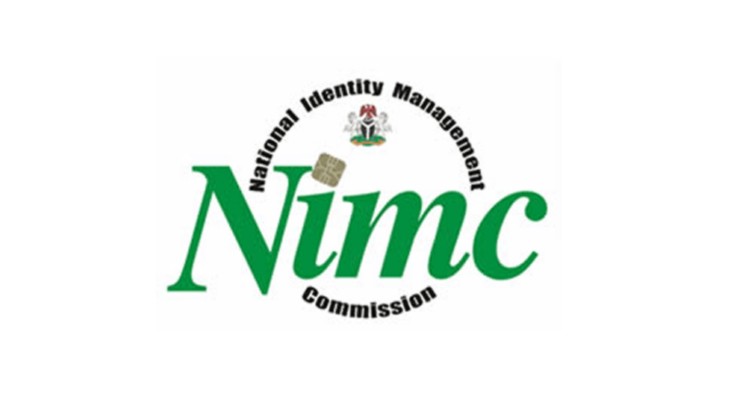NIMC Introduces New NIN Authentication Service to Boost Digital Identity Security
The National Identity Management Commission (NIMC) has officially launched the NIMC NIN Authentication service, also known as NINAuth, as part of efforts to strengthen identity verification and promote digital security across Nigeria. The new service is designed to make the process of verifying identities easier, more secure, and more efficient for both citizens and legal residents.
In a statement released in Lagos on Tuesday, Dr. Kayode Adegoke, Head of Corporate Communications at NIMC, confirmed the rollout of the NINAuth platform. He noted that this innovative system forms a central part of the federal government’s directive for Ministries, Departments, and Agencies (MDAs) to use the NIN for all authentication and verification purposes going forward.
The directive, Adegoke added, aligns with NIMC’s core mandate—to manage and regulate a dependable national digital identity infrastructure that accurately verifies the identities of Nigerians and legal residents. With the launch of NINAuth, the commission aims to bring this vision to life using advanced digital tools.
The NINAuth service includes a suite of high-tech tools such as web-based platforms, application programming interfaces (APIs), and mobile verification systems. These are intended to improve the ease and speed of authenticating individuals while also increasing the overall level of data protection and privacy.
“This innovation supports President Bola Tinubu’s Renewed Hope Agenda, which places strong emphasis on enhancing the national identity system and its role in providing efficient public services,” said Adegoke.
According to him, the new platform acts as the official gateway for integrating third-party applications and services with NIMC’s backend infrastructure. By introducing an added layer of protection, NINAuth will give individuals greater control over how their personal data is used and shared, reinforcing public trust in Nigeria’s identity management system.
The service also makes it easier for various government agencies and organizations to authenticate identities without compromising data security, especially as digital services continue to expand across sectors such as healthcare, education, banking, and social welfare.
With this move, NIMC hopes to not only enhance digital governance but also build a safer and more inclusive identity system that helps Nigerians access essential services with ease.

